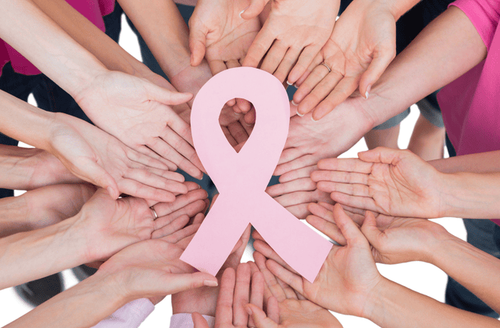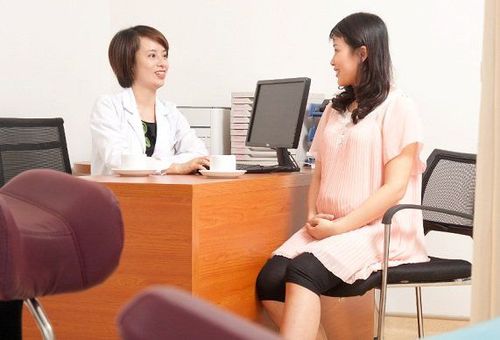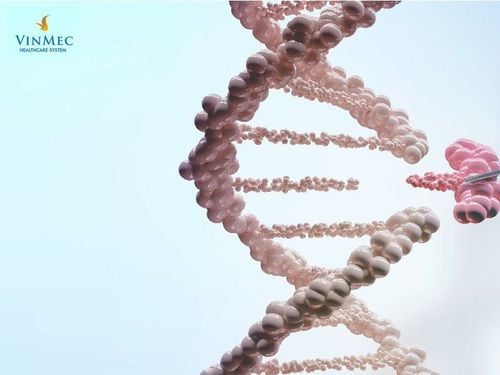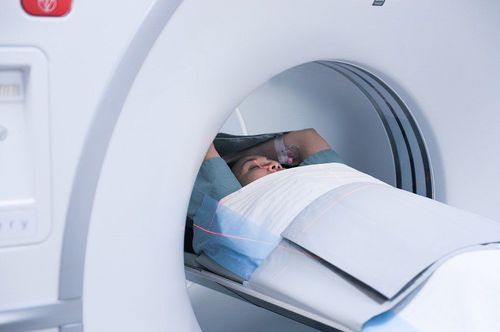This is an automatically translated article.
The article was professionally consulted by Dr. Nong Ngoc Son - Chemotherapy and palliative treatment - Oncology Center - Vinmec Central Park International General Hospital.Breast cancer is the most common cancer in women. About 5-10% of breast cancer is caused by genetic factors (inheriting genetic changes called mutations). Mutations in the BRCA1 and BRCA2 genes are the leading risk factors for breast cancer. Through the article below, we will provide you with useful information about inherited gene mutations and how to prevent breast cancer caused by BRAC gene mutations.
1. What are BRCA1 and BRCA2 gene mutations?
BRCA1 and BRCA2 are tumor suppressor genes, which help protect our body from the uncontrolled growth of cells, which leads to the appearance of cancerous tumors. Most people are born with BRCA1 and BRCA2.See more >> Applications of high-performance next-generation gene sequencing (NGS) technology
2. What is hereditary breast and ovarian cancer syndrome?
Hereditary breast and ovarian cancer (HBOC) is a breast and ovarian cancer that is associated with the inheritance of susceptibility genes. HBOC syndrome is caused primarily by mutations in the BRCA1 and BRCA2 genes.According to statistics in the US, the average rate of women getting breast cancer is about 12%. In particular, for women in their 70s with mutations in the BRCA gene, the risk of breast cancer is 45%-85%. The average rate of women with ovarian cancer is about 2%. The estimated risk of ovarian cancer in women aged 70 years with a BRCA1 mutation is 39%-46% and a BRCA2 mutation is 10%-27%.
Women with BRCA mutations also have a higher risk of other cancers such as cancers of the fallopian tubes, peritoneum, pancreas, and skin (melanoma). Men with BRCA mutations have an increased risk of breast, prostate, and pancreatic cancers.
3. How common are BRCA gene mutations?
Anyone can have a BRCA mutation, but breast cancer caused by mutations in the BRCA1 and BRCA2 genes is linked to race. Ethnicities at high risk for breast cancer from BRCA mutations are Jewish, Central European, French Canadian, and Icelandic. Fortunately, Vietnamese are of the Asian race, with the lowest risk of BRCA1 and BRCA2 mutations.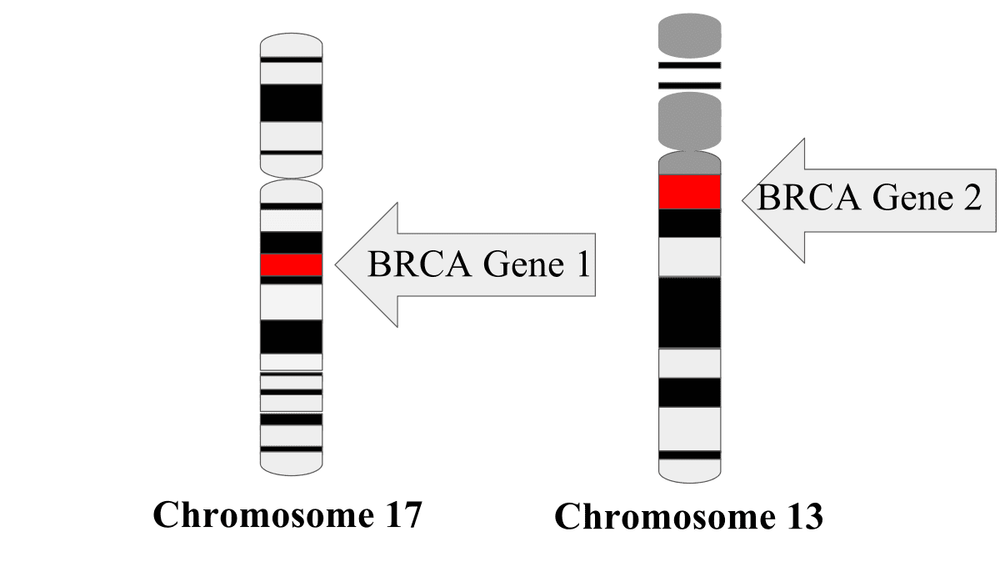
4. Who should be tested for mutations in the BRCA . gene
Before you have genetic testing, consult a geneticist or doctor who specializes in the field to better understand your cancer risk. A detailed personal and family history should be discussed to better understand future cancer risk. The specialist may ask questions such as:
Have you had ovarian, fallopian tube or peritoneal cancer? Did you have breast cancer at age 45 or younger? Do you have a relative with breast cancer aged 50 years or younger, or a close relative with ovarian, fallopian tube or peritoneal cancer, pancreatic or prostate cancer? Do you have a relative with a BRCA1 or BRCA2 mutation? If your doctor finds that you have a high chance of having a BRCA mutation, your doctor will order genetic testing.
Before you have genetic testing, a genetic counselor or doctor who specializes in inherited cancers can help you understand how the test is done so you can better understand test meaning. The test results will tell you what you can and should do with the results.
5. When to test for BRCA gene mutations?
Genetic testing is a blood test that you can order through your doctor. Testing is possible if:
If your loved one is suffering from breast or ovarian cancer due to a BRCA gene mutation, you can check to see if you have the same mutation as your loved one. This is the best way to know if you are at risk for cancer. If you don't belong to an ethnic group at high risk for a BRCA mutation, but you have a family history of a genetic mutation, you should also get tested. If you have a family member with breast or ovarian cancer, it's best to get your loved one checked first.
6. Significance of BRCA . genetic mutation test results
Negative: This means that there is a mutation present in one or more members of your family, but there is no mutation in you. This result usually means that your cancer risk will be about the same as that of other women in the general population. However, your doctor or genetic counselor will evaluate your other cancer risk factors.
You have a genetic mutation that is “clinically unknown”: This means you have an inherited mutation, but it is not clear whether it increases your risk of breast or ovarian cancer. it could just be a normal change in the gene
Positive: This means that the identified mutation is associated with an increased risk of cancer However it also does not mean that you have cancer cancer or will definitely get cancer.
7. How can cancer be prevented if you test positive for a BRCA mutation?
If you test positive for a BRCA mutation, you can do the following:
Breast and ovarian cancer screening: MRI, blood test to measure CA-125 level. Using drugs to reduce cancer risk: Tamoxifen is a drug that blocks the effects of estrogen on cancer cells that respond to this hormone. Perform surgery such as mastectomy and ovary removal. Currently, Vinmec International General Hospital deploys a package of screening and early detection of breast cancer and gynecological cancer by combining 4 technologies: genetic testing, endoscopy, ultrasound and immunoassay. In particular, cancer screening with genetic technology is a method that is considered a breakthrough in medicine.
Early screening is considered the "golden key" to detect and provide prevention methods, reduce the risk of death and costs for patients. Due to late detection (70% of patients are treated when they are at the end stage), the death rate from cancer in Vietnam is very high.
Please dial HOTLINE for more information or register for an appointment HERE. Download MyVinmec app to make appointments faster and to manage your bookings easily.
Reference source: Acog.org





